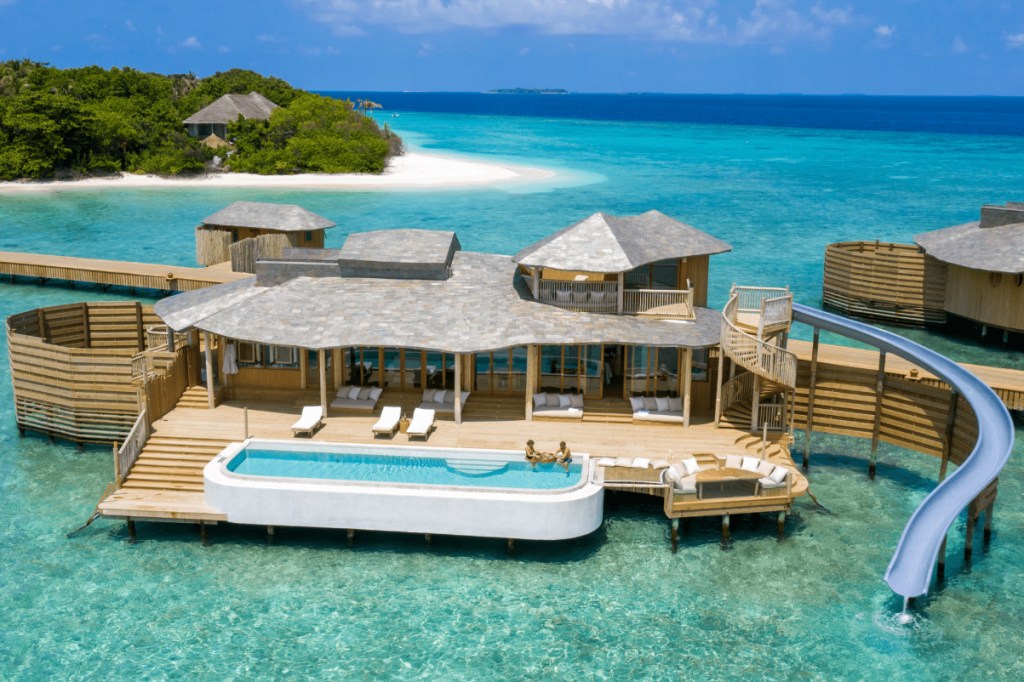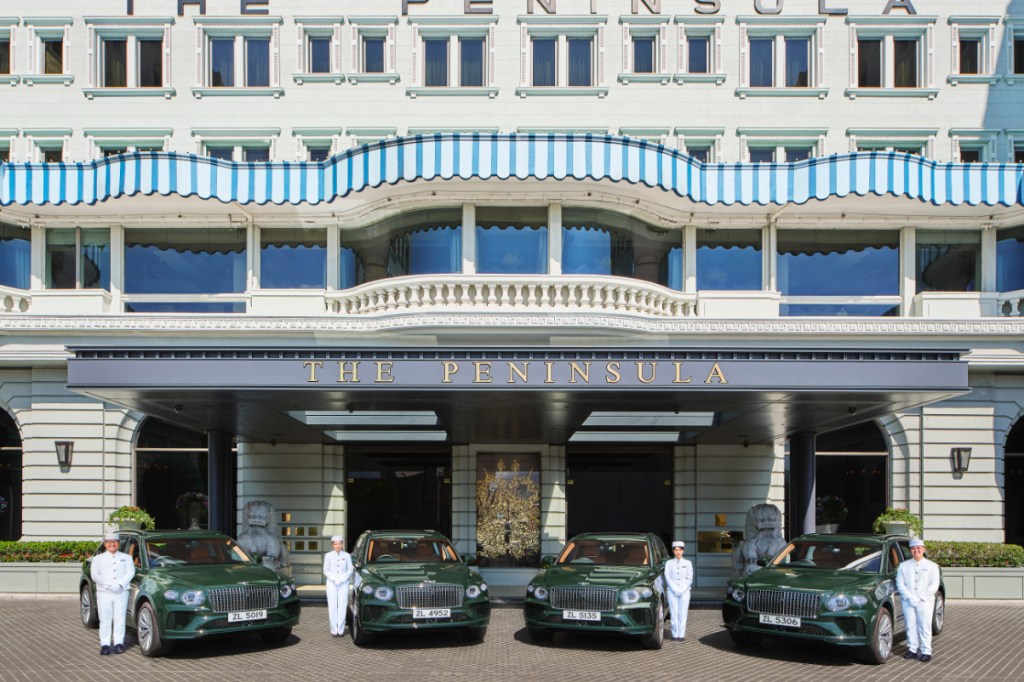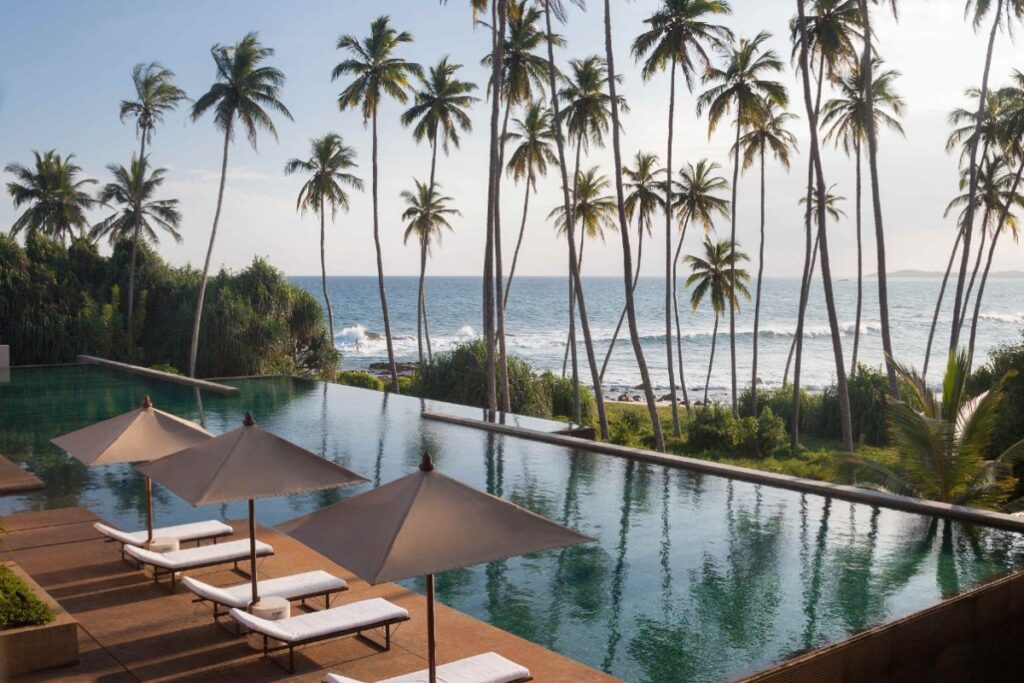Each year, when Interbrand, Forbes, and others release their rankings of the world’s most valuable brands, the usual suspects appear: Apple, Nike, Louis Vuitton, Hermés, Porsche. Four Seasons is not among the top luxury hotel chains. Not Ritz-Carlton. Not Mandarin Oriental.
Interbrand’s Latest list of the best global brands The list only includes public corporations, explaining why private companies such as Four Seasons didn’t make it.
Greg Silverman is Interbrand’s global director for brand economics. He said, “The largest technical reason that large hotel groups are not on the list is they do not disclose the profit or loss of each brand.” Silverman stated that if the large brands disclosed their profit and loss, they might qualify. They’re creating fantastic brand ecosystems.
Forbes’s list of most valuable brands It includes private companies but has not included luxury hotel brands in recent years.
Brands that Promise
Many luxury hotel brands who haven’t appeared on these lists are still worth considering.
In surveys of European consumers, Raffles and Mandarin Oriental performed better than any other hotel brand. BVA BDRC’s Brand Margin.
Four Seasons has seen its brand recognition increase thanks to the cost-effective placement of “The White Lotus”, a hit television series.
Aman, the ultra-luxury group of hotels, has a dedicated group of loyalists. Search for the #amanjunkies hashtag on social media.
The launch of the new version of Ritz-Carlton Yacht Collection This shows the strength of the hotel’s name. The Ritz brand convinced about half of its guests to try a cruise for the first time.
But all of those brands are still outliers.
The reasons why luxury hotels are not able to become global icons go beyond the methods behind some lists. Skift spoke with industry experts about what might be holding luxury hotels back.

The Badge Factor
Luxury hotel brands are often lacking in physical presence. There are 133 Four Seasons properties, 119 Ritz-Carltons, and 34 Waldorf-Astorias, yet Hermès has 294 stores. It’s just more visible.
Mandarin Oriental CEO Laurent Kleitman notes that luxury goods brands create products that function as “badges” — signals of status and taste.
Kleitman explained that they are badges worn by the wearer. Your clothes and bag are clearly visible. They are badge brands. The hospitality brands are ultimately born out of experience and building.”
It is difficult to translate the badge concept in hospitality.
How often do you see someone carrying a bag that has the logos of Four Seasons, Ritz-Carlton, or other hotels on it? Said Piers SchmidtFounder of the Luxury Branding consultancy.
“Not nearly the same as they show they’re fans of Louis Vuitton, Chanel, Hermès, etc.,” said Schmidt, who gave an industry talk on luxury hotel brand power Last year.
There is a gap between spending and talent
Money is a bigger problem.
The biggest brands spend billions, literally, on advertising, while we spend only a fraction,” said Alex Schellenberger.
Smart brand management is cost-effective. Hèrmes, Starbucks, Cisco, and Oracle typically spend only between $200 million and $400 million a year on advertising, yet make it on the top 100 lists.
Talent is another challenge. Some hotel executives have backgrounds in marketing, but many come from the real estate or operational side.
“Great brands are often simple and profoundly clear,” said Colin Nagy. Skift columnist Marketing strategy executive for a major technology platform.
Nagy stated that many of the high-end hospitality brands try to be many things for many people. They’re outsourceing their higher purpose and north star to uninspiring consultants because they don’t have a sense of it.

Louis Vuitton teaches us a lot
Several luxury hotel executives have begun to study the luxury brand playbooks.
The parent company of Louis Vuitton, LVMH acquired luxury hospitality group BelmondIt introduced concepts such as “clienteling” or nurturing long-term relationship with the most valuable customers (such sending birthday gifts).
“LVMH said: ‘What does it mean that there is no clienteling within hospitality?’ Belmond CEO Dan Ruff. “LVMH also asked us to look at niche hotel operators and show that we could do similar things on a medium scale.”
What is the problem? After guests check out, many luxury hotels do not follow up.
“Until hospitality learns to romance the guest between stays — not just during them — its brands will remain under-loved, under-leveraged, and under-valued,” Schmidt said.
LVMH has no fear of being bold. Louis Vuitton hid construction work in its flagship stores for renovations in Paris, New York City and London by using cladding designed to look like storage trunks.
“The earned-media value of that… was quite incredible,” Schellenberger said. “But any hotel CFO would look at that and tell you to go hell.”

The Asset-Light Trap
Unlike a fashion brand like Hermès, which controls every stitch in production and all channels of distribution, hotel operators typically don’t own or fully operate their buildings and must negotiate with property owners about everything from paint colors to staffing levels.
Sharan Pasricha is the founder of Ennismore. “As an asset-light operator you have the ability to influence, suggest, and provide guidelines but not own your complete vision.”
Thomas Cahalan is the agent of Thomas Cahalan Dorsia Travel Likewise, he agrees that serving ultra-luxury travellers is a great way to make a difference. The properties that his clients prefer are those where brands have an active role in the management of the property and its operations.
He gives a few examples. AirellesThe chain is based in France. It owns, renovates, and maintains its properties throughout France and Italy. The Peninsula, has full ownership in Hong Kong, Tokyo and Bangkok as well as New York and Chicago.

Maintaining Soul at Scale
The ability to understand what a brand is and maintain its soul while scaling up is another important factor.
“The deeper issue is not visibility, scale, or even spend — it’s identity,” Schmidt said. “Too many luxury hotels have turned into generic hospitality brands masquerading as maisons. They borrow clichés like ‘sense of place’ or ‘crafted experiences,’ but few articulate a truly unique or protectable point of view.”
Robin Hutson is the founder of The Pig Hotel According to brand, service brands have unique challenges that product brands do not face.
“In hospitality you don’t suddenly announce, “We are going to serve the finest steak.Hutson said. “It does not happen that way.”
“That steak is going to take at least three months to perfect, because you’ll have to find the right supplier, then change your staff, who will not cook it right and so on.”
Even worse, an organization’s sense of mission may be lost if managers fail to remain vigilant.
Hutson lauds Four Seasons for overcoming this obstacle admirably. Hutson also believes that certain Southeast Asian brands such as Soneva, Aman and Rosewood have gained a lot in brand recognition through word-of mouth.
Other people also think some luxury hotel brands today have a great chance to become global icons.
“On the surface it may appear that luxury fashion brands are gaining recognition. But luxury hotel brands, on the other hand, have mastered emotional connections in a manner most other brands could only dream about,” said Hermann ElgerCEO of Forbes Travel Guide.
“Guests commit not just money but even more valuable commodity of their own time,” he said. “That is an enviable degree of trust.”
Hotel groups should focus on getting to know their customers as well as possible.
Nagy stated that being honest about the core customer you serve is a superpower on a market that’s crowded. To stand out, you need to get down to the atoms of your customer’s experience.
Accommodations Sector Stock Performance Year-to Date
What am i looking at? The performance of the hotel and short-term rentals sector stocks in the ST200. The index comprises companies listed on global markets including international and local hotel brands, REITs in the hotel industry, hotel management firms, alternative accommodation, timeshares, and other hotel companies.
The Skift Travel 200 is a 200-page guide to travel. Using a single number, the financial performance from nearly 200 travel agencies worth more than one trillion dollars is combined. See more hotels and short-term rental financial sector performance.
Read the full methodology behind the Skift Travel 200.



